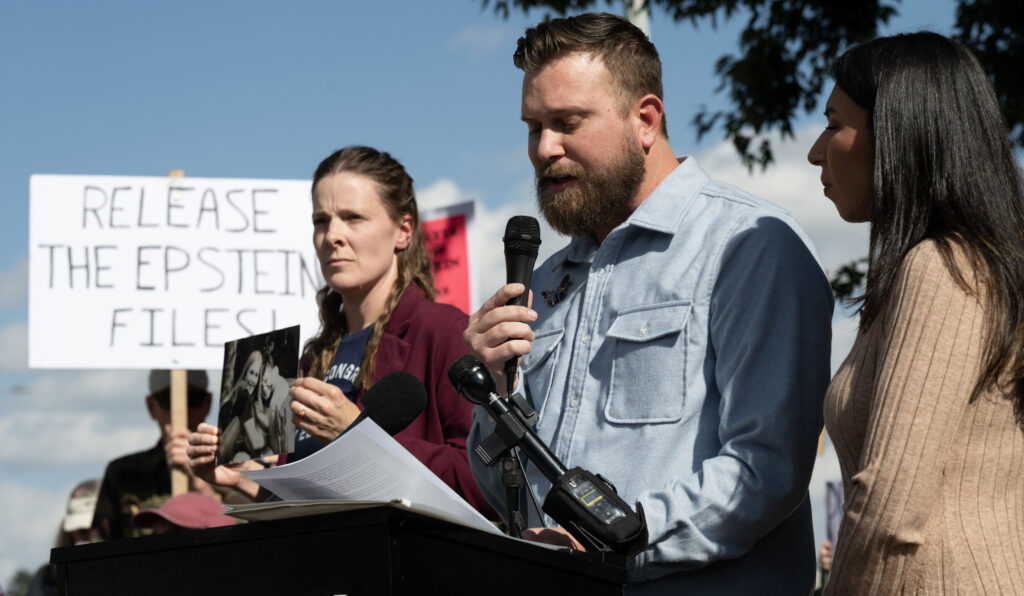Court of Appeals reverses multiple DUI convictions following Supreme Court directive

The Colorado Court of Appeals on Thursday reversed three felony convictions for driving under the influence, following the state Supreme Court’s directive that all elements of the DUI crime must be proven beyond a reasonable doubt.
In November, Colorado’s justices decided by 4-2 that the felony DUI offense lawmakers created in 2015 requires a jury to determine, as part of the crime, that the defendant had at least three prior convictions for DUI or driving while ability impaired. Previously, a judge only had to conclude whether sufficient evidence existed, and could then elevate the conviction from a misdemeanor to a felony. The sentence enhancement results in higher fines and longer prison terms.
Following the ruling in Linnebur v. People, the Supreme Court sent similar convictions back to the Court of Appeals for reconsideration. Consequently, the appellate court modified two of its prior decisions and issued a third on Dec. 31 to reflect the new standard.
In one Denver case, the defendant, who had three prior convictions, will have his DWAI conviction lowered to a misdemeanor if prosecutors decide not to retry him. The same will occur for a second man’s DUI conviction in Denver and a woman’s DWAI conviction in Mesa County.
As Colorado Politics previously reported, both defense attorneys and prosecutors are wary of the Supreme Court’s finding. While it may advantage current defendants whose felony convictions the Court of Appeals will reverse, in the long term it means jurors will hear at trial about all of a defendant’s prior convictions, possibly influencing their opinion of the offense at hand.
“Let’s be honest: if you’re on the jury and you’re hearing that this guy’s here with four priors, but this time you want to believe he’s not guilty, aren’t you automatically skeptical?” said M. Colin Bresee, a former prosecutor and current defense lawyer.
While it is possible for the jury to hear about prior convictions in a separate phase only after determining guilt on the offense at hand, the Supreme Court remained silent on whether such an approach was permissible. Likewise, the majority left open the question of whether retrying a defendant for felony DUI violates the Fifth Amendment’s prohibition on being tried twice for the same offense.
The majority’s Nov. 9 decision in Linnebur made no reference to a retrial. However, a modified opinion presented it as an option, while punting to the trial court the determination of whether new proceedings would be constitutional.
“If they wanted to retry it, I’m presuming the defense would say double jeopardy and it would be up to that individual judge to determine,” said Jennifer Knudsen, traffic safety resource prosecutor with the Colorado District Attorneys’ Council. She suggested prosecutors would look at the offender’s risk level before determining whether that justifies pursuing a second felony conviction that has constitutional implications.
For the time being, the Court of Appeals is leaving the decision up to trial court judges as well.
“Because the court in Linnebur declined to resolve the issue of whether double jeopardy would bar such a retrial,” wrote Judge Ted C. Tow III in the Mesa County case, “we express no opinion on that issue.”














